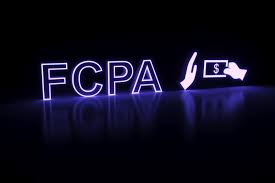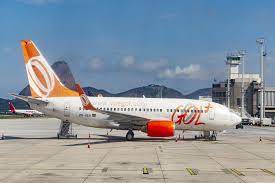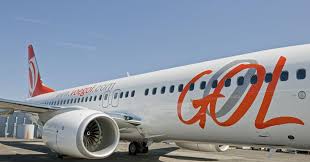GOL’s Bribery Schemes Orchestrated by Board Director (Part II of II)

GOL’s bribery schemes present some interesting lessons. Interestingly, at the center of the bribery scheme was a member of GOL’s board of directors.
The bribery scheme was motivated by potential legislation that would benefit GOL and other Brazilian airlines. In 2011, Brazil proposed an economic stimulus consisting, in part, with reduced payroll taxes for labor-intensive industries. To support this reduction, GOL’s director agreed to pay $5.4 million in bribes to Brazilian politicians, including an influential leading politician, and specifically included GOL and other companies in which the GOL director had ownership interests. As a direct result of the bribes, by the end of 2012, the legislation was enacted with a significant reduction in taxes for GOL and other businesses in which the GOL director had ownership interests.
Between October 2012 and November 2013, GOL paid approximately $1.4 million in bribes to the influential Brazilian official. GOL paid these bribes through a third-party intermediary associated with the GOL director, as well as two companies that the Brazilian official owned and which were characterized on GOL’s books as advertising expenses.

In 2013, GOL paid $494,600 in bribes to a company associated with a different Brazilian legislator. A close associate to the Brazilian official also received a bribe of $137,000 from GOL through a consulting company he owned. GOL listed these expenses as for other services even though no services were ever rendered. This same close associate received $350,000 from a U.S.-based company controlled by the GOL director.
In total, GOL saved approximately $39.7 million in tax savings because the airline industry was added a year earlier to the new economic stimulus legislation.
In 2013, the GOL director met with the influential Brazilian official and other politicians to discuss lowering aviation fuel taxes in the Federal District of Brasilia. At the time, the tax was set at 25 percent. If reduced, GOL could use the central location as a refueling station in Brazil. The GOL director, the Brazilian official and others agreed to a bribery scheme that resulted in the lowering of the aviation tax fuel to 12 percent.

In addition to this scheme, from June through August 2013, GOL and the GOL director paid $552,400 in bribes to a company associated with a former Brasilia official. GOL listed the expenses in its books as a fee for other service even though no servers were ever provided. As a result, Brasilia lowered its aviation fuel tax to 12 percent. GOL saved approximately $12.24 from the reduced taxes and increased hub efficiency.
GOL’s internal controls failed to ensure compliance with controls requiring competitive vendor selection; instead, GOL was able to pay vendors through sole source contracts outside of the supply department. GOL also paid vendors despite the fact it never received any services from the vendors. Further, the procurement process did not include effective review of documentation submitted before or after the payment of funds. Given these weaknesses, GOL’s director was able to authorize and verify these payments with little oversight or review.















